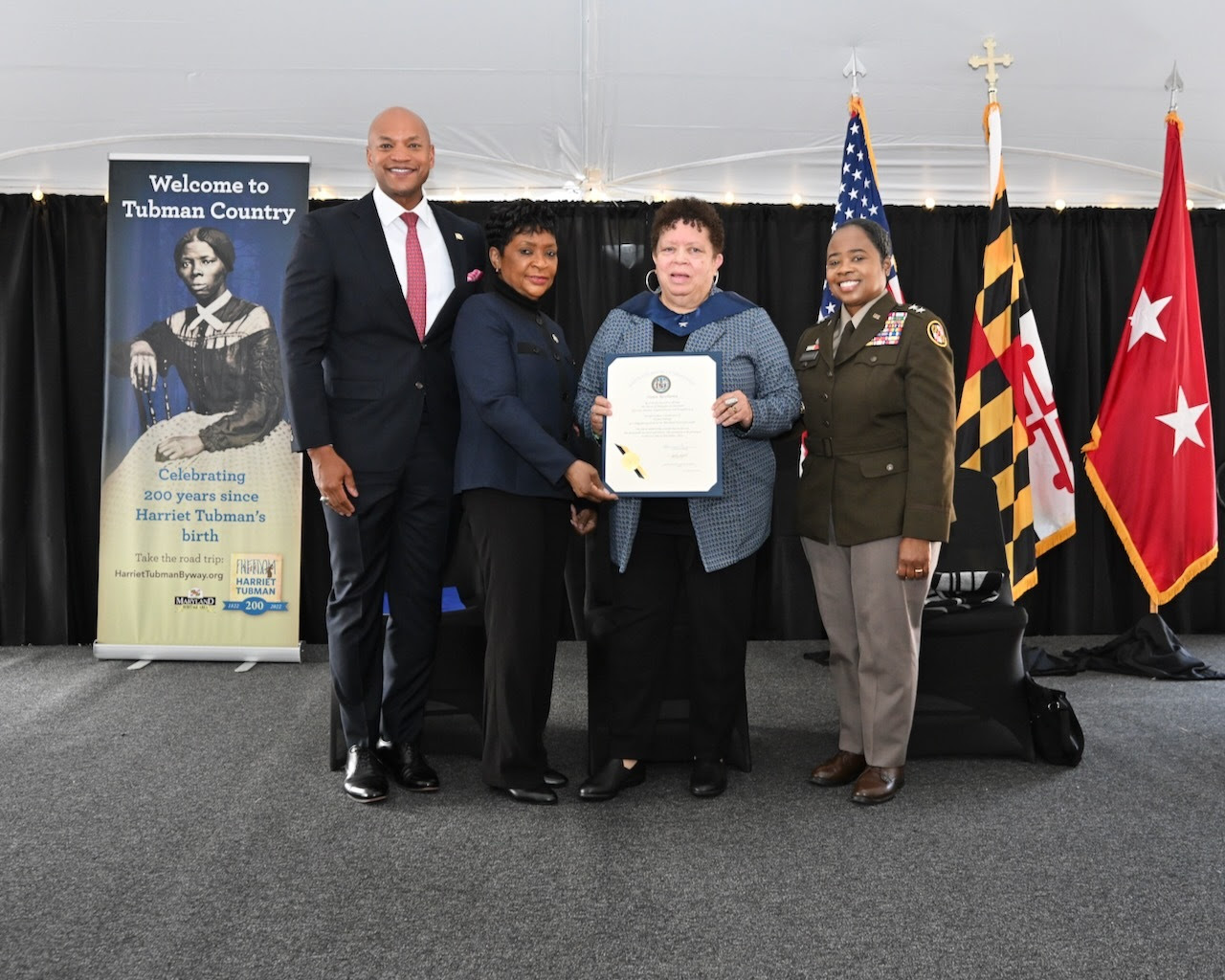
The Passport Question
THE World War brought back to governmental and public attention a problem which at the beginning of the century appeared to have been entirely settled -- the problem of the passport. The passport does not date back further than the sixteenth century. After a short period of suppression during the French Revolution, it was very generally applied during the first half of the nineteenth century, but in the years immediately preceding the World War it remained in force chiefly as a police measure and as a means of defense used by autocratic governments. Condemned as despotic and as an unnecessary barrier to the freedom of communications, it survived in only a few countries of Europe -- Russia, Turkey, Rumania, Bulgaria and the Austrian provinces of Bosnia and Herzegovina; it survived also in Colombia, Guatemala, Uruguay, Haiti and Persia.
In the confusion produced by the war, not only did the passport reappear, but it was used much more generally than ever before. During this time of general suspicion, of constant vigilance against military espionage and of food rationing (which made it necessary for governments to prevent the entry of new consumers) it seemed the only means of controlling aliens and of assuring the protection of the military and economic interests of the state. Reasonable persons hoped that with the return of peace would come a return to the former freedom from travel restrictions. But despite solemn declarations in the peace treaties, requests from international organizations and promises made by several governments, the compulsory passport system was not abolished, or even modified. It was to some extent made even stricter.






















